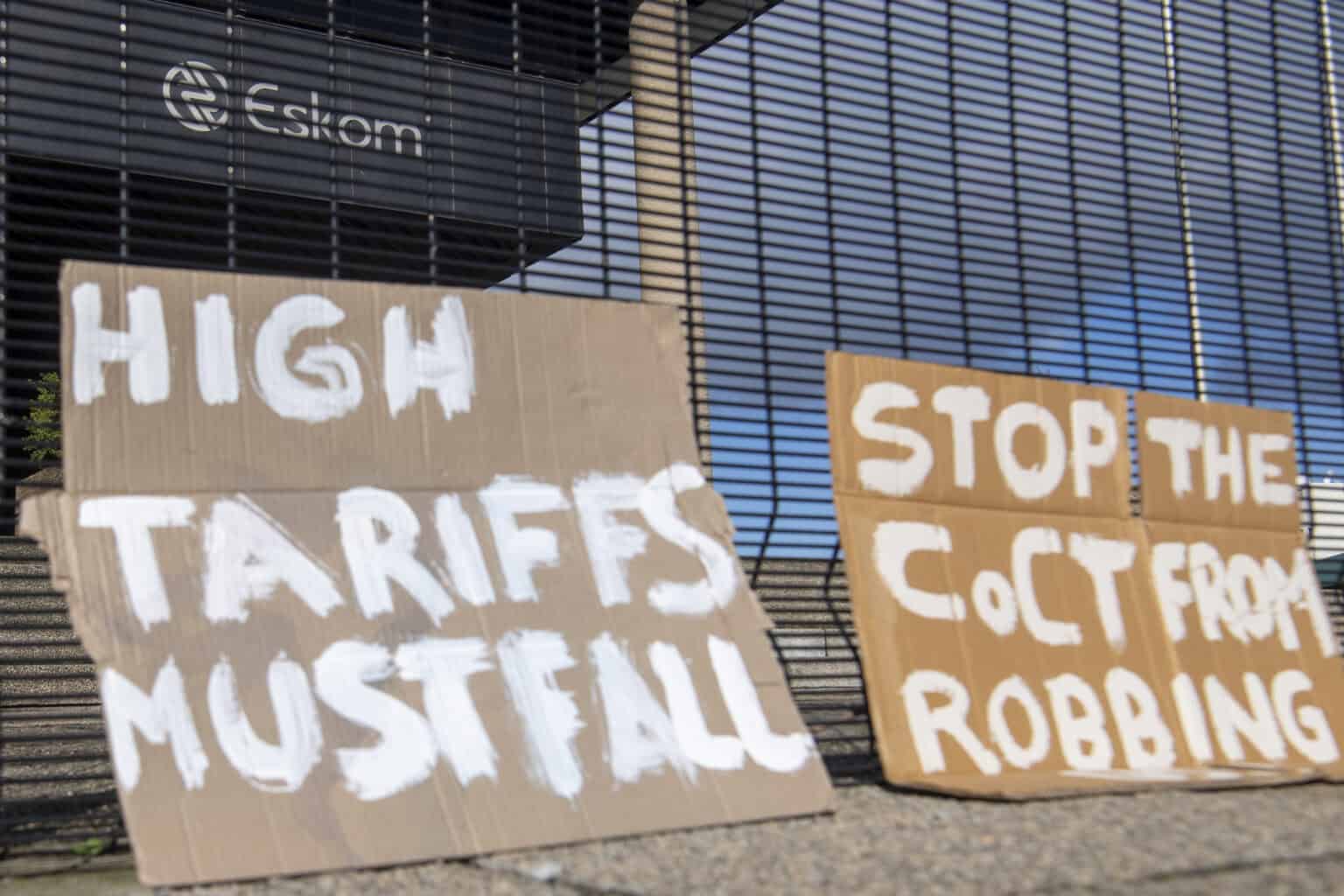The DA says consumers are being forced to bear the cost of Nersa’s 'incompetence'.

The National Energy Regulator of South Africa (Nersa) has come under fire after conceding it made major mistakes in setting Eskom’s electricity tariff increases.
Earlier this year, Nersa approved electricity price hikes of 12.74% for the 2025/2026 financial year, 5.36% for 2026/2027 and 6.19% for 2027/2028.
These figures have now been revised.
Since the 12.74% increase already took effect on 1 April, consumers will see further increases of 8.76% and 8.83% over the next two years.
The revision followed Eskom’s court challenge of Nersa’s revenue determination for the three financial years, citing a R107 billion shortfall.
The dispute was settled out of court, with Eskom and Nersa agreeing to a R54 billion adjustment after the regulator acknowledged several mistakes in evaluating Eskom’s sixth multi-year price determination (MYPD6) revenue application.
Nersa criticised over Eskom’s electricity tariff error
The announcement has sparked anger among the public, with critics warning that the new increases will further burden households and businesses.
Energy analyst Chris Yelland criticised the outcome, describing it as a “mere R54 billion error” that benefits Eskom.
“It’s absolutely astounding. Bearing in mind the massive undeclared imprudently and inefficiently incurred costs that Eskom has passed through to customers in tariffs over the past 10 years.
“Actually, Nersa should be clawing back these costs on behalf of customers of electricity in the form of reduced electricity tariffs going forward,” Yelland said in a post on X, formerly Twitter.
ALSO READ: Consumers may cough up billions more, after Nersa’s closed-door Eskom deal
Western Cape Premier Alan Winde also rejected the decision, calling it unjust.
“I reject this shocking announcement by Nersa. It is patently unfair to the residents of this country who are struggling with the increased cost of living in an environment of slow growth,” he said.
“It is our poorest residents who will suffer the most. For a Nersa oversight of this magnitude, the public and affected parties must have an avenue of recourse. This announcement cannot go unchallenged,” Winde said.
‘Regulatory and energy system in crisis’
South African Federation of Trade Unions (Saftu) general secretary Zwelinzima Vavi said the revised tariffs represented “yet another blow” to households already battling unemployment and rising living costs.
“These increases will deepen energy poverty as poor households are disconnected or forced to limit usage, increase operating costs for municipalities, many of which already face collapse and place further pressure on small businesses, industry and jobs,” he said in a statement.
READ MORE: Nersa’s mistakes will hit you hard
Vavi also raised concerns about transparency, highlighting that Nersa’s decision to settle outside the normal public participation process undermined accountability.
He called for full disclosure of the court process and how the R54 billion shortfall was calculated, along with a parliamentary inquiry into Eskom and the regulatory system.
He also urged a halt to above-inflation tariff hikes until affordability and equity studies are done.
“This settlement is a temporary legal compromise, not a solution. It reveals a regulatory and energy system in crisis.”
DA slams Nersa and Eskom
The DA also condemned the decision, saying consumers were now forced to shoulder the consequences of both Nersa’s “incompetence” and Eskom’s “inefficiency”.
DA MP Kevin Mileham called for Parliament’s portfolio committee on energy and electricity to review the settlement.
“This points to systemic failures within Nersa’s processes and calls into question the credibility of its regulatory oversight. South Africans deserve answers.
“South Africans deserve answers. The DA calls on Parliament’s portfolio committee on energy and electricity to urgently investigate how this error occurred, why it was not detected earlier and what safeguards will be put in place to ensure that similar blunders are never repeated.”
He added that the controversy underscored the need for a new national electricity pricing policy.
“Without such a framework, tariff determinations will remain opaque, inconsistent and open to costly disputes – with consumers ultimately footing the bill.”
NOW READ: Ekurhuleni metro and Nersa lock horns over electricity tariff discrepancy
Support Local Journalism
Add The Citizen as a Preferred Source on Google and follow us on Google News to see more of our trusted reporting in Google News and Top Stories.






